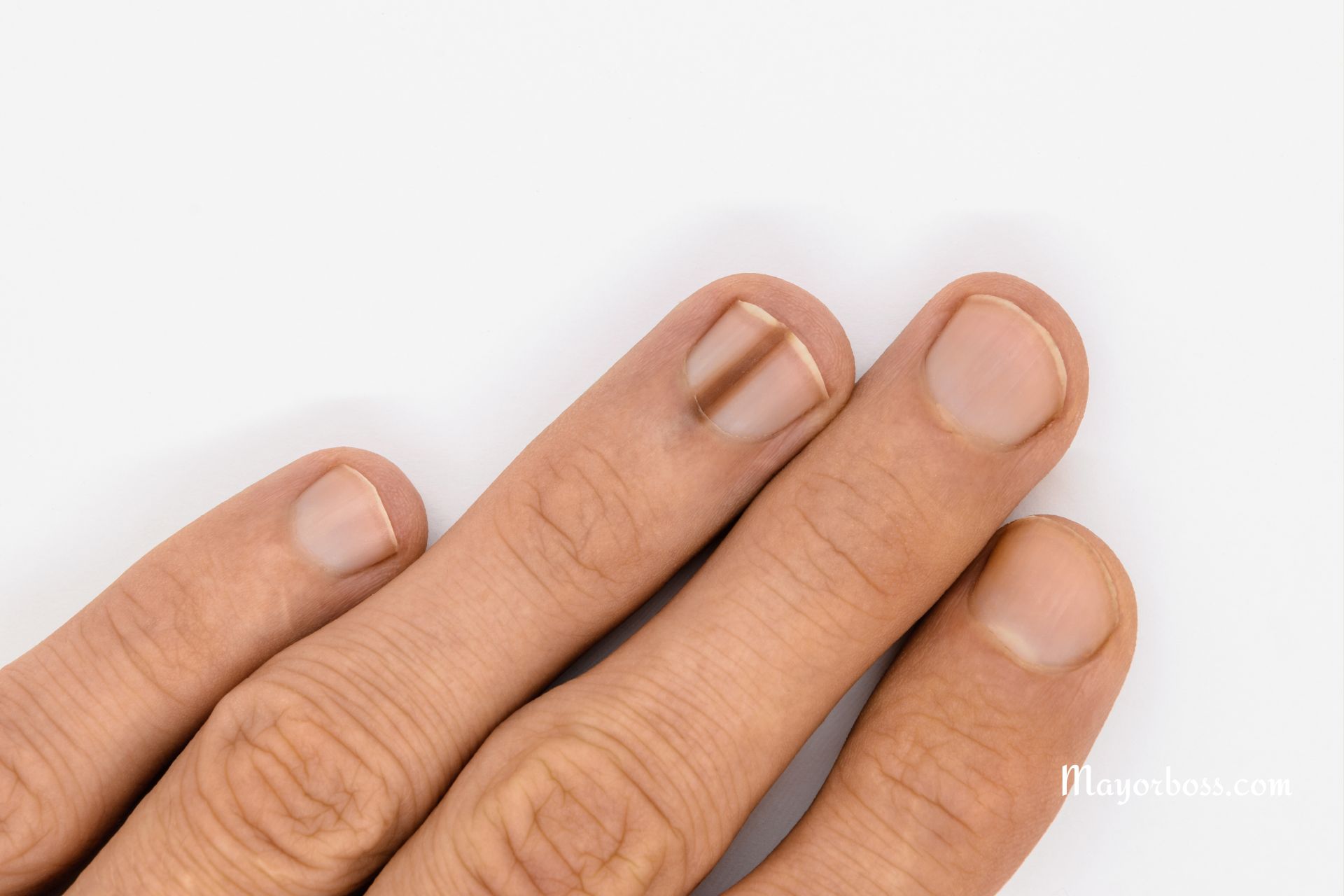Carpal Tunnel or Something Worse? Why Your Fingers Are Numb
If you’ve ever woken up in the middle of the night with your hand feeling numb, or if you’ve noticed your fingers tingling during the day, you’re not alone. Many people experience these sensations, and often, the initial thought that comes to mind is carpal tunnel syndrome. However, it’s important to explore whether this common condition is really the culprit or if something more serious is at play. In this article, we’ll dive deep into the causes of finger numbness, focusing on carpal tunnel syndrome while also considering other potential causes.

What Is Carpal Tunnel Syndrome?
First off, let’s talk about what carpal tunnel syndrome (CTS) actually is. Imagine a narrow passageway on the palm side of your wrist, barely wide enough for nerves and tendons to pass through. This is your carpal tunnel, and when it becomes narrowed or when the tissues around it swell, it can press on the median nerve. This pressure is what causes the numbness, tingling, or even sharp pains you might be feeling in your hand and fingers.
Interestingly, certain activities can increase your risk of developing CTS. For example, repetitive motions like typing or assembly line work can contribute to swelling in the carpal tunnel. Even if you’re careful, genetics can play a role, making some people more predisposed to this condition than others.
Could It Be Something Else?
However, it’s crucial to consider that finger numbness isn’t always due to CTS. There are other conditions, some of which are more serious, that can cause similar symptoms. These include:
- Diabetes: High blood sugar levels can damage nerves over time, leading to numbness or tingling in the hands and feet, a condition known as diabetic neuropathy.
- Vitamin Deficiencies: Lack of vitamins B12, B6, and B9 can lead to nerve damage and, consequently, numbness in the extremities.
- Rheumatoid Arthritis: This autoimmune disease can cause inflammation in the joints, which might lead to compression of the nerves.
- Neck or Spine Problems: Issues with your neck or spine can lead to compressed nerves that affect your hands and fingers.
What Should You Do?
If you’re experiencing numbness or tingling in your fingers, the first step is not to panic. Instead, observe. Does the numbness occur at certain times of the day or after specific activities? Keeping track can help you and your healthcare provider pinpoint the cause.
Secondly, consider your lifestyle. If you’re engaged in activities that involve repetitive hand movements, take regular breaks to stretch and rest your hands. Ergonomic adjustments to your workspace can also make a big difference.
Most importantly, consult a healthcare professional. They can conduct tests to determine if you have carpal tunnel syndrome or if another condition is causing your symptoms. Just don’t forget that early diagnosis and treatment can prevent further damage and alleviate your symptoms.
FAQs
1. Can carpal tunnel syndrome go away on its own?
In some cases, especially if caught early and if the cause is related to a certain activity or behavior, CTS can improve on its own with rest and lifestyle adjustments. However, it’s crucial to talk to a qualified healthcare professional or physician.
2. Are there exercises I can do to help with finger numbness?
Yes, there are specific hand and wrist exercises that can help alleviate symptoms of CTS and other conditions causing finger numbness. A physical therapist can provide you with exercises suited to your needs.
3. How can I prevent carpal tunnel syndrome?
Preventing CTS is taking regular breaks from repetitive activities, ensuring ergonomic setups for workspaces, and doing hand and wrist exercises. If you have conditions like diabetes, managing your health can also reduce your risk.






